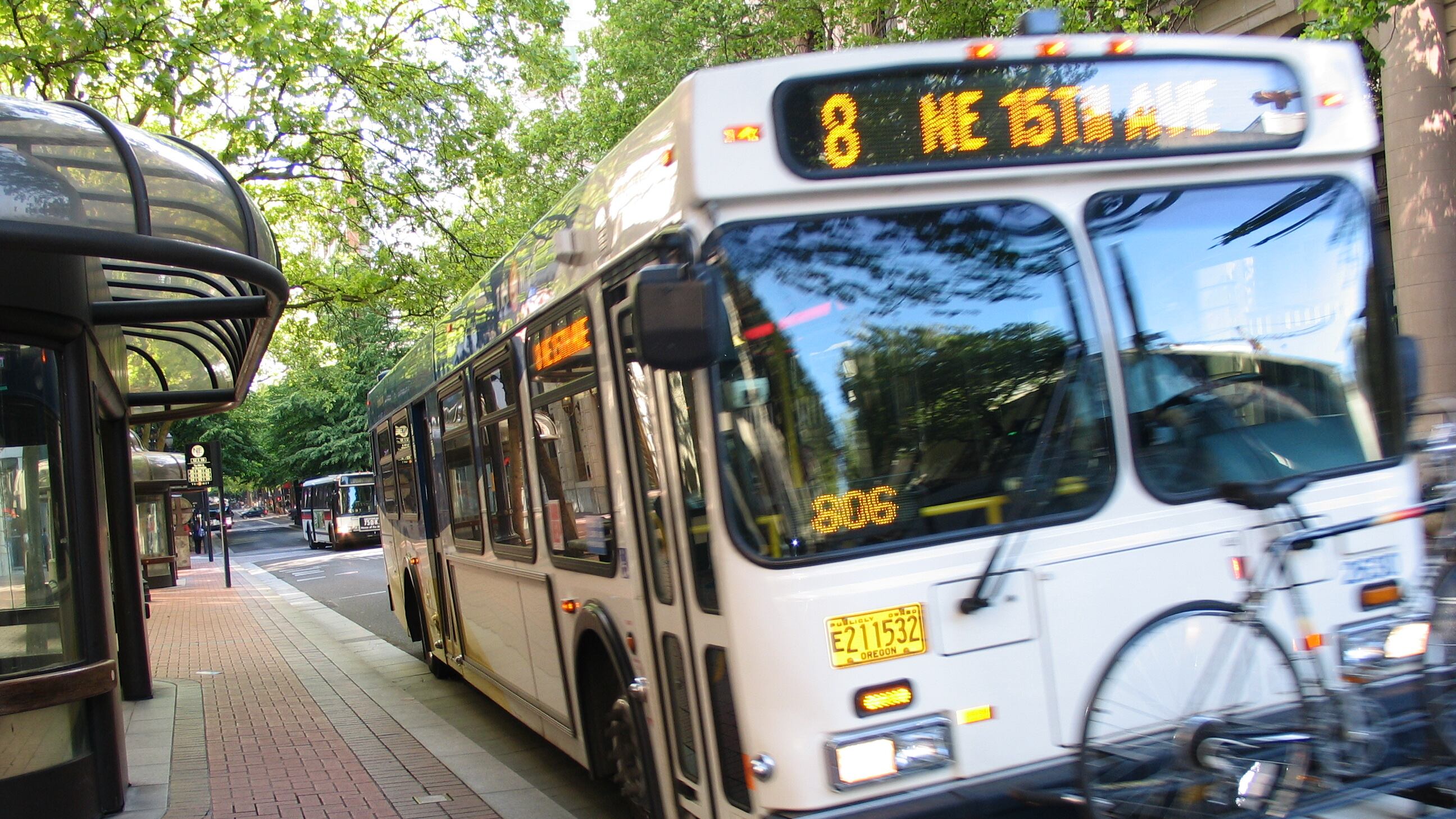Add one more problem to the list of Portland woes created by gentrification: a loss of fares for TriMet.
"Economic displacement" has contributed to the loss of Portland-area bus riders, TriMet officials wrote in a Nov. 14 post for Transit Center, a foundation focused on city transportation.
"Ridership loss has been driven by a diverse range of factors including changing employment levels and recession era fare increases and service cuts," write TriMet senior planner Tom Mills and TriMet data analyst Madeline Steele.
"TriMet's analysis surfaced one driver of ridership loss that stood out among the rest: the impact of the economic displacement of low-income earners from inner city neighborhoods to first ring suburbs."
Trains, which saw a growth in passengers, helped keep overall ridership flat until 2015. But bus ridership has fallen since 2001, particularly during off hours and weekends.
Related: MAX ridership plummeted in the month after double slaying on a train.
"We found substantial overlap between areas where real market home value increased and transit ridership decreased the most," they wrote. "Correspondingly, transit ridership grew in areas that saw minimal increases in real market home values."
TriMet is proposing to address the problem by expanding service to the suburbs, making changes to help buses move more easily through congestion and creating a low-income fare program.
